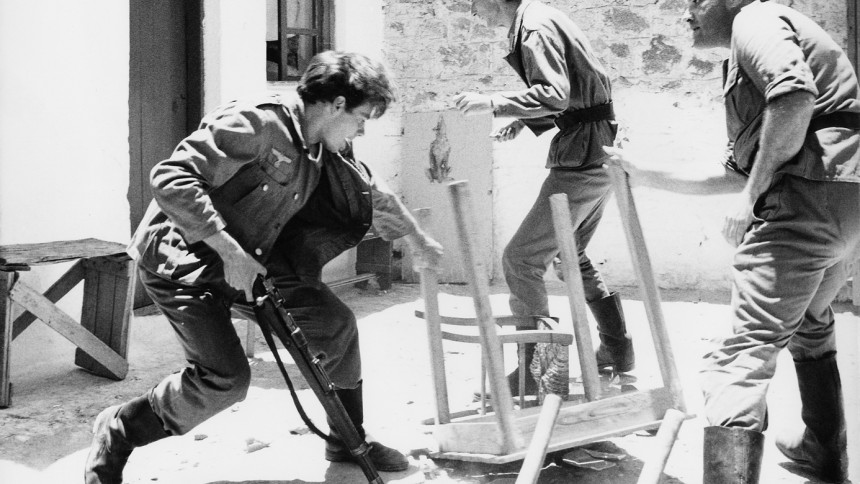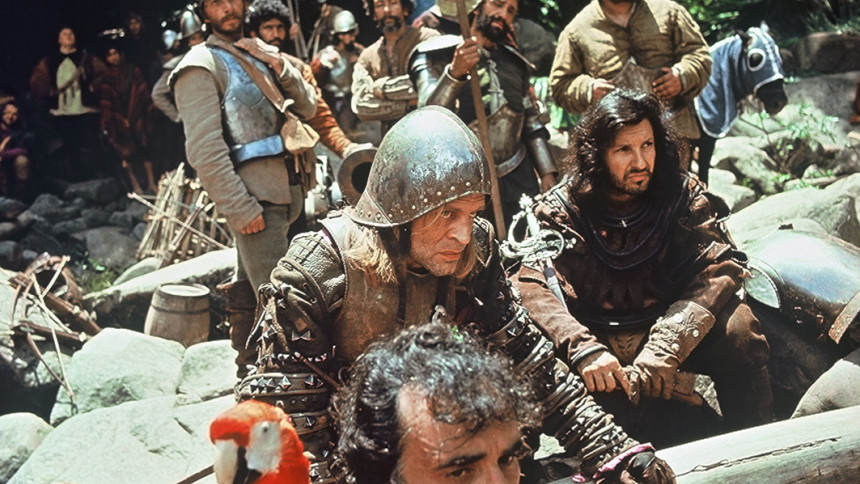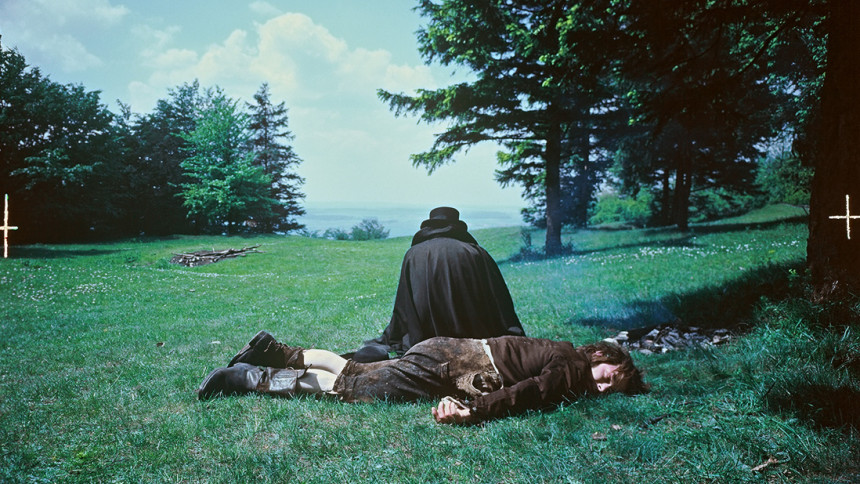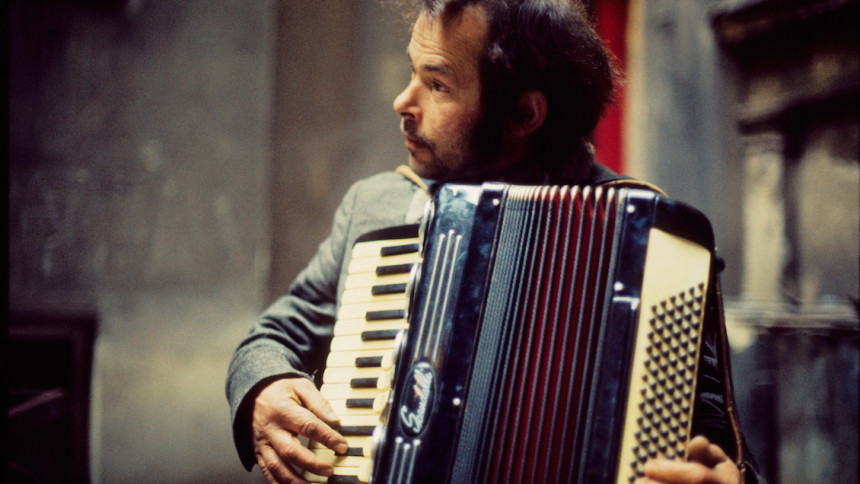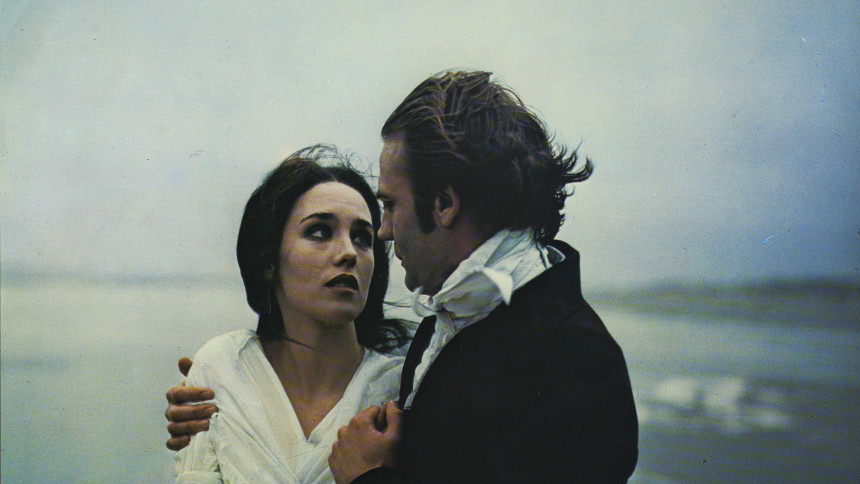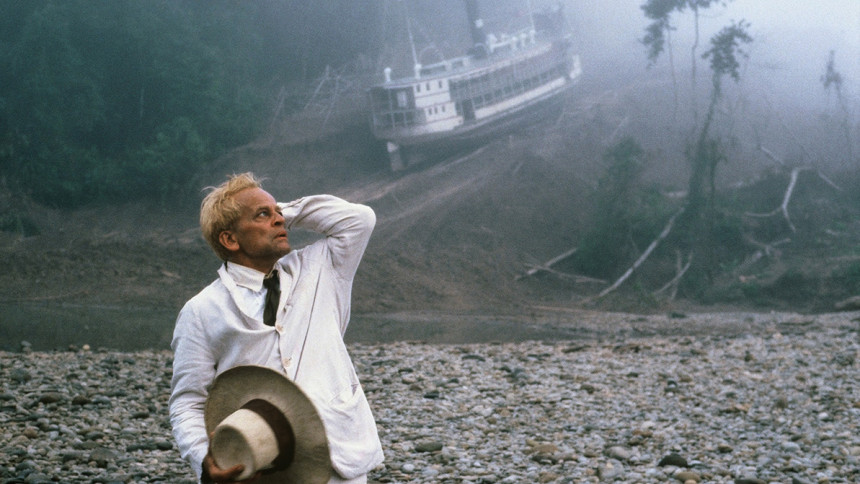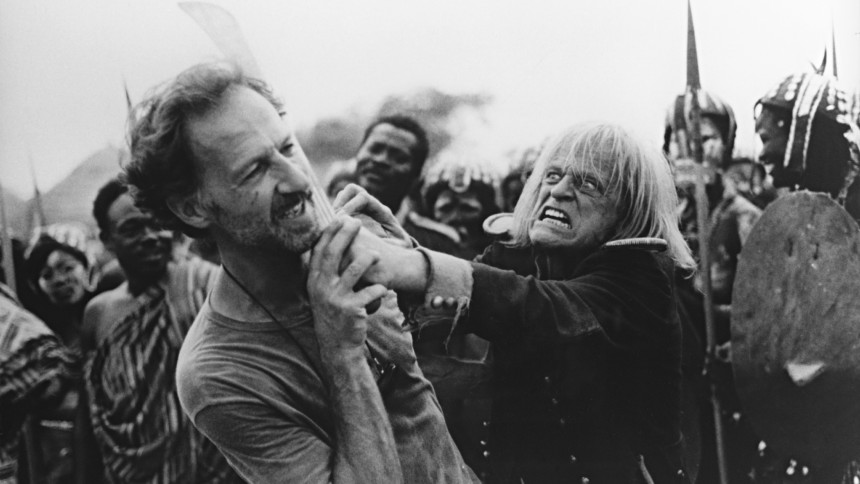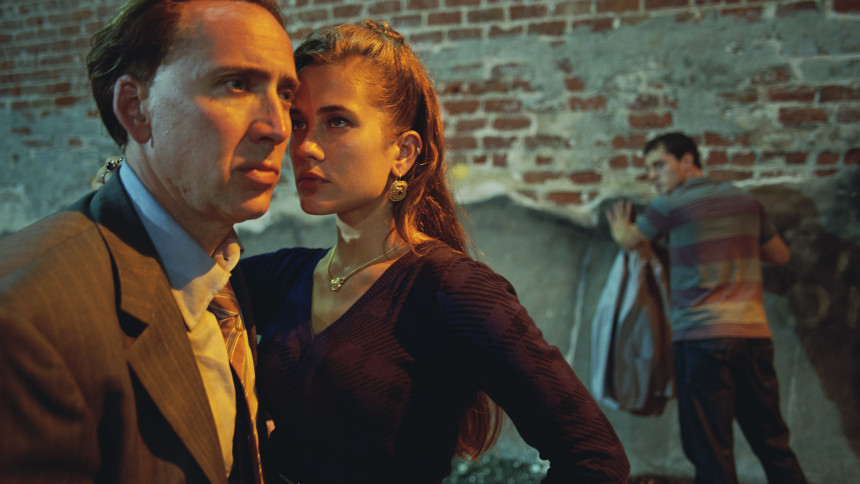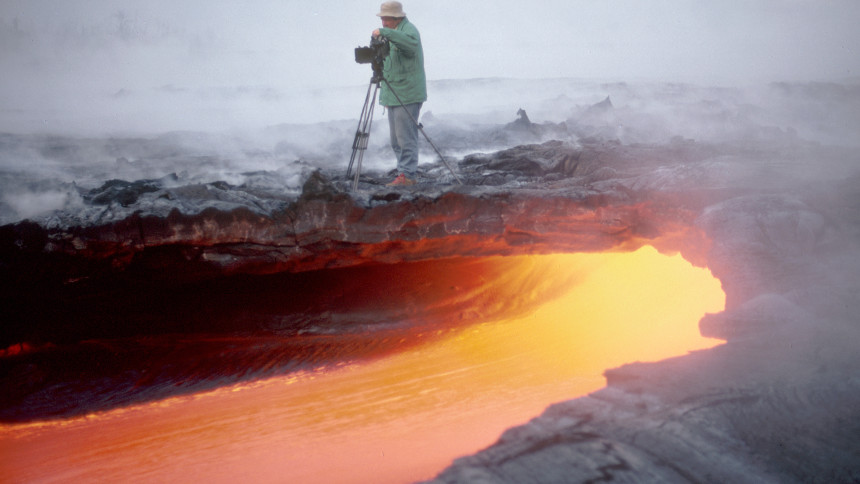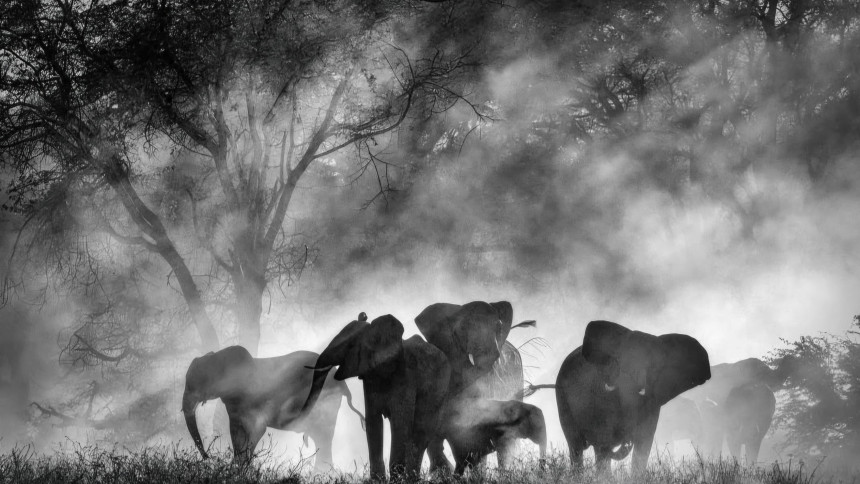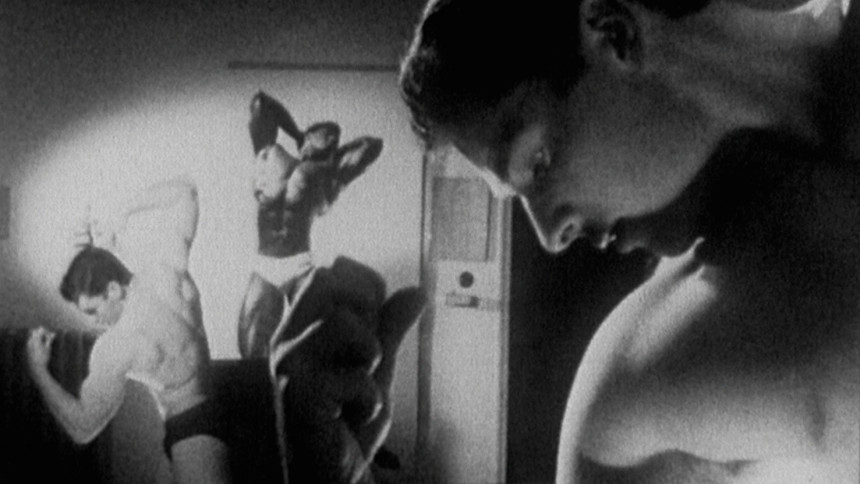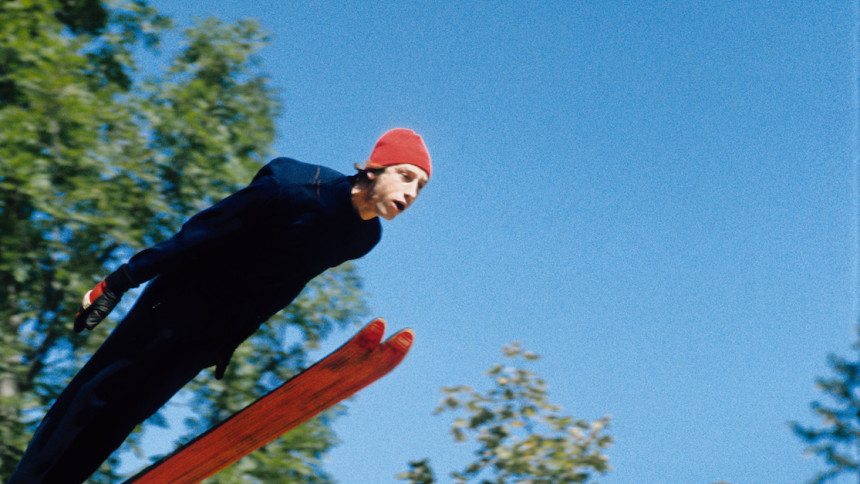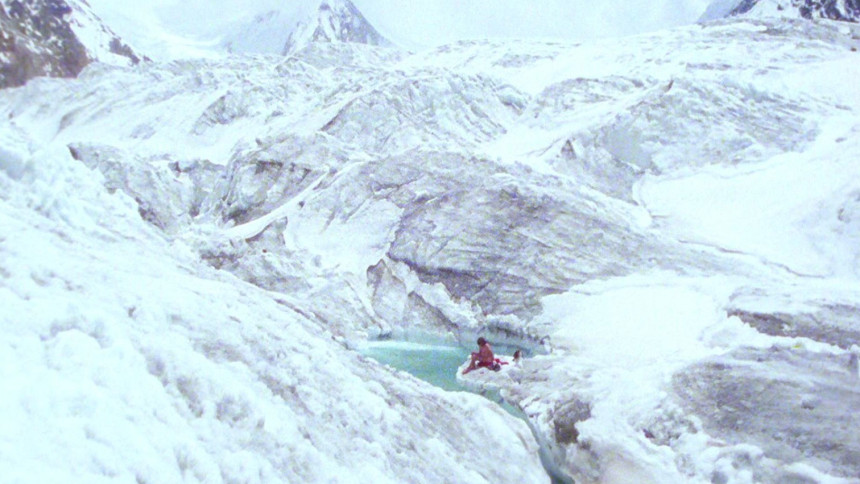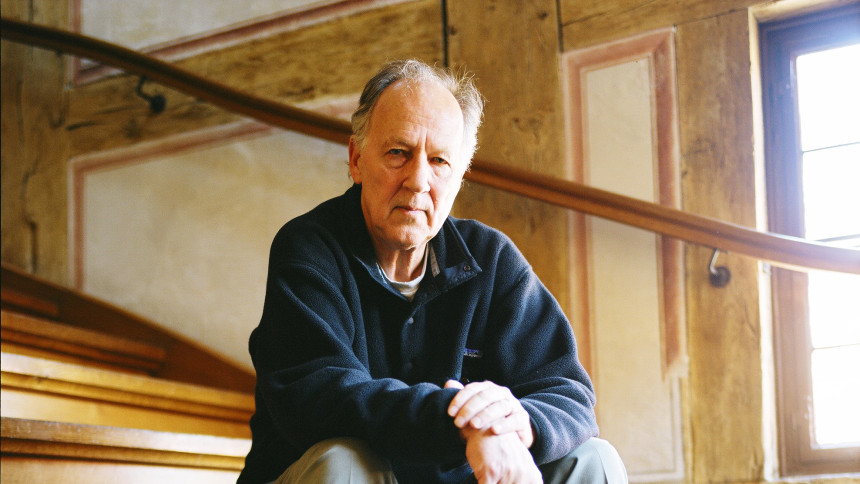Werner Herzog
In the presence of Hervé Aubron, critic and specialist in the cinema of Werner Herzog, and Jean-Baptiste Thoret, writer and film historian
A unique explorer of both margins and vast expanses, Werner Herzog has established himself as one of the most breathtaking filmmakers in contemporary cinema. Through a prolific body of work, where fiction dialogues with documentary, he has carved out a unique place for himself as a tenacious interpreter of the world.
A unique explorer of both margins and vast expanses, Werner Herzog has established himself as one of the most breathtaking filmmakers in contemporary cinema. Through a prolific body of work, where fiction dialogues with documentary, he has carved out a unique place for himself as a tenacious interpreter of the world.
Discovered at Cannes with his early films, he has created works during the 1970s and 1980s that have become legendary – Aguirre, the Wrath of God (1972) and Fitzcarraldo (1982) – epic tales of obsession and excess, in which man reveals both their greatness and their blindness as they struggle against forces beyond their control. But beyond fiction, Herzog has never stopped exploring the real world, camera in hand. In Encounters at the End of the World (2007), he expresses his desire to approach people and their worldviews as a visitor from elsewhere, a curious and detached “alien”. It is in this deliberate distance, free of emotion, that he seeks to grasp a deeper truth, a truth about things and beings that escapes the siren-song of romanticism.
For Herzog does not believe in “nature” as an idyllic refuge. For him, jungles, ice, volcanoes and deserts are indifferent, and sometimes hostile, forces that shape and test human beings. His approach is less about contemplation than scientific expedition: relentlessly scrutinising, understanding, and questioning the flaws and fragments of human experience.
This retrospective at Premiers Plans, featuring a dozen films combining fiction and documentaries, including two new 4K restorations, Aguirre (1972) and Nosferatu the Vampyre (1979), invites audiences to explore this world of work.
Thanks to Potemkine Films

